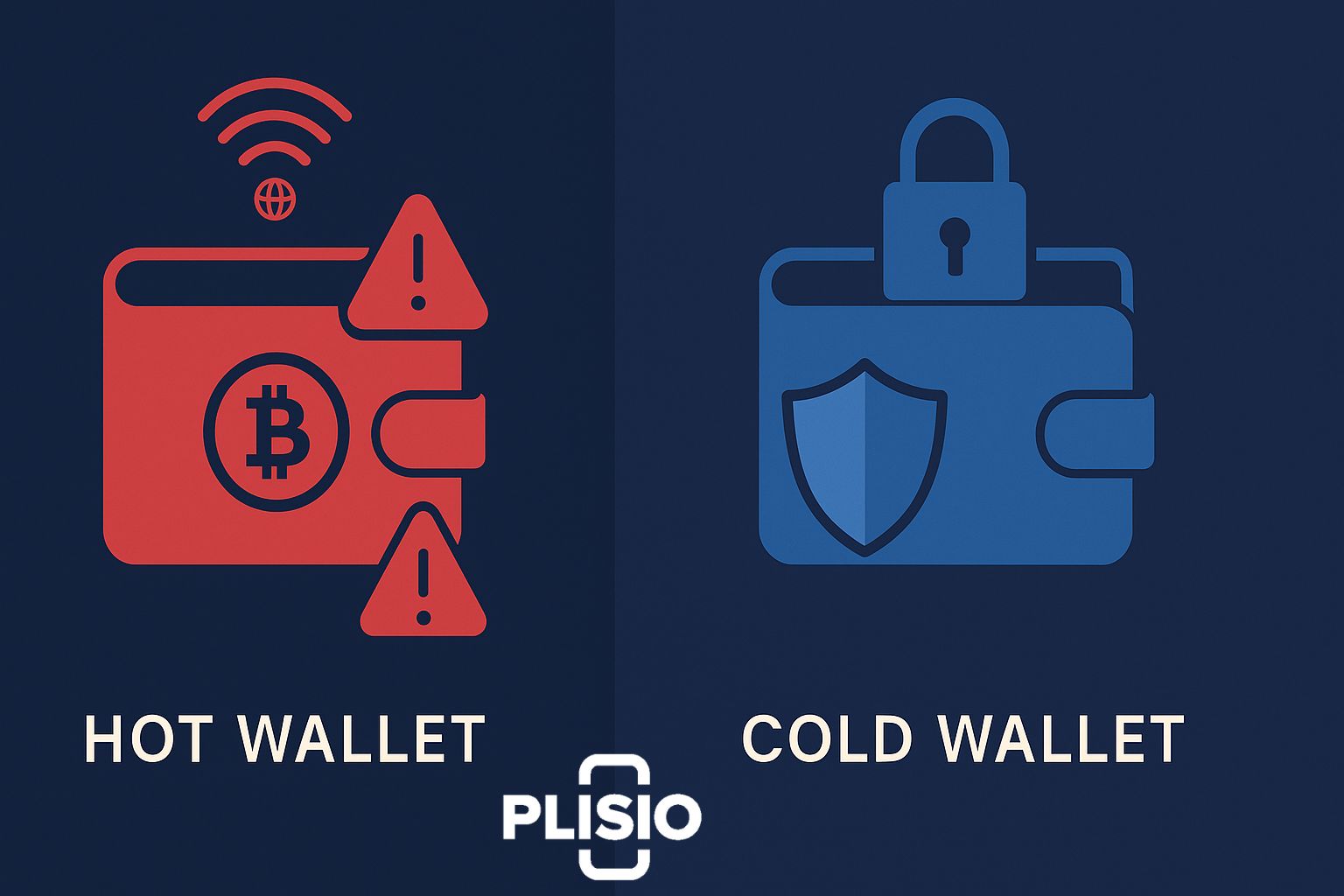Can Crypto Be Hacked?

As the adoption of cryptocurrencies accelerates globally, the question remains: can crypto be hacked? The answer is both yes and no. While blockchain technology, the backbone of cryptocurrency, is inherently secure, vulnerabilities exist in the broader crypto ecosystem that hackers can exploit.
Blockchain Technology: Strong But Not Invincible
At its core, blockchain is a decentralized, immutable ledger secured by cryptographic techniques and consensus mechanisms. Bitcoin uses a proof-of-work model where miners must compute complex mathematical puzzles to add a new block. This system makes it nearly impossible to alter previously confirmed transactions.
Yet, even if a malicious actor could control at least 51% of the bitcoin network's computing power—a theoretical attack on bitcoin known as a 51% attack—they could alter the blockchain and network. However, the bitcoin blockchain has never been hacked directly.
Blockchain security depends heavily on cryptographic principles and distributed consensus. Cryptographic techniques and consensus ensure that even if one part of the system is compromised, the entire bitcoin network would remain secure unless the attacker could dominate the entire bitcoin blockchain.
Where the Real Hacks Happen
Most cryptocurrency hacks happen not at the protocol level but through third-party sites, wallets, and crypto exchange platforms. For instance, in 2018, attackers exploited a vulnerability in Coincheck’s hot wallet and stole over $500 million worth of crypto, one of the largest crypto exchange hacks in history.
Hot wallets, which are always connected to the internet, are attractive targets for hackers. In contrast, a cold wallet stores private keys offline, offering better protection. Still, private keys for many users remain on centralized platforms, making them vulnerable.
Common Attack Vectors:
- Phishing Attacks – Trick users into revealing sensitive information such as private keys.
- Smart Contract Exploits – Hackers can exploit vulnerabilities in DeFi platforms.
- Exchange Breaches – Centralized exchanges are a major target for hackers.
- Malicious Code Injections – Attackers insert malicious code into crypto platforms.
Private keys are stored digitally, and if an attacker gains access to your private key, they can fully control your funds. That’s why securing your cryptocurrency with proper wallet management and avoiding malicious code or phishing schemes is essential. Hackers often trick users into revealing sensitive information.

Notable Crypto Hacks
Crypto hacks are unfortunately common. Hackers stole over $600 million from the Poly Network in 2021. The attack exploited a smart contract vulnerability on the Ethereum blockchain. In another incident, attackers exploited a vulnerability in the Ronin Network, a platform connected to the Ethereum blockchain, resulting in $620 million in stolen funds.
These events show that the cryptocurrency exchange environment and DeFi platforms remain a prime target for hackers. As crypto trading grows, so does the complexity of these attacks.
Top Cryptocurrency Hacks
|
Year |
Platform |
Amount Stolen |
Type of Exploit |
|
2014 |
Mt. Gox |
$450 million |
Exchange Hack |
|
2018 |
Coincheck |
$530 million |
Hot Wallet Exploit |
|
2021 |
Poly Network |
$610 million |
Smart Contract Vulnerability |
|
2022 |
Ronin Network |
$620 million |
Validator Compromise |
|
2022 |
Wormhole Bridge |
$325 million |
Bridge Protocol Exploit |
The Threat of Quantum Computing
Quantum computing poses a future threat to blockchain security. A quantum computer could potentially break current cryptographic standards, rendering private keys exposed. Quantum attacks could allow malicious actors to forge bitcoin transactions or reverse-engineer a bitcoin address from its public key.
Although quantum computers powerful enough to break current cryptography don’t yet exist, researchers agree that quantum computing could become a major issue. A quantum computer could undermine cryptographic techniques used in blockchains and force the crypto industry to adapt.
The crypto community is already exploring quantum-resistant algorithms and post-quantum cryptography to prepare for this next frontier in computing power.
How to Secure Your Crypto Assets
Protecting your crypto assets is crucial. Here are best practices every investor should follow:
- Use cold wallets for storing large amounts of crypto.
- Enable two-factor authentication (2FA) on all crypto platforms.
- Avoid third-party sites that look suspicious.
- Regularly update wallet software to patch known vulnerabilities.
- Do not reuse passwords, and use hardware wallets when possible.
Steps to Secure Cryptocurrency (Checklist)
- Store private keys offline (cold wallet).
- Diversify assets across multiple wallets.
- Avoid public Wi-Fi when trading.
- Use encrypted backups for private key storage.
- Monitor exchange activity for suspicious logins.

Crypto Crime and Industry Impact
Crypto crime, including cryptocurrency hacks, has wide-reaching impacts on the industry. It undermines trust, affects market prices, and forces regulators to tighten security policies. Despite this, the crypto industry is rapidly evolving to address these issues.
The hash function that secures bitcoin transactions remains unbroken, and blockchain technology continues to be a powerful tool for decentralization. Still, the surrounding ecosystem must stay resilient.
Bitcoin or other cryptocurrencies like Ethereum continue to be popular among users, making bitcoin addresses and wallets attractive targets for hackers. The crypto industry must remain vigilant to protect against ever-evolving threats.
Final Thoughts
Can crypto be hacked? Not easily at the protocol level, especially with blockchains like bitcoin that implement strong blockchain security. However, the broader ecosystem—crypto exchange platforms, wallets, and user behavior—presents more vulnerabilities.
Quantum computing may one day challenge cryptography as we know it, and a quantum computer could force a paradigm shift in blockchain security. Until then, users and developers must continue to innovate, secure their cryptocurrency, and educate the community.
In conclusion, while a hack is perhaps inevitable in digital systems, strong cryptographic techniques and good practices can help ensure the safety of crypto assets. The blockchain would still hold strong against traditional attacks, but it's up to every participant in the ecosystem to protect what they've built.




